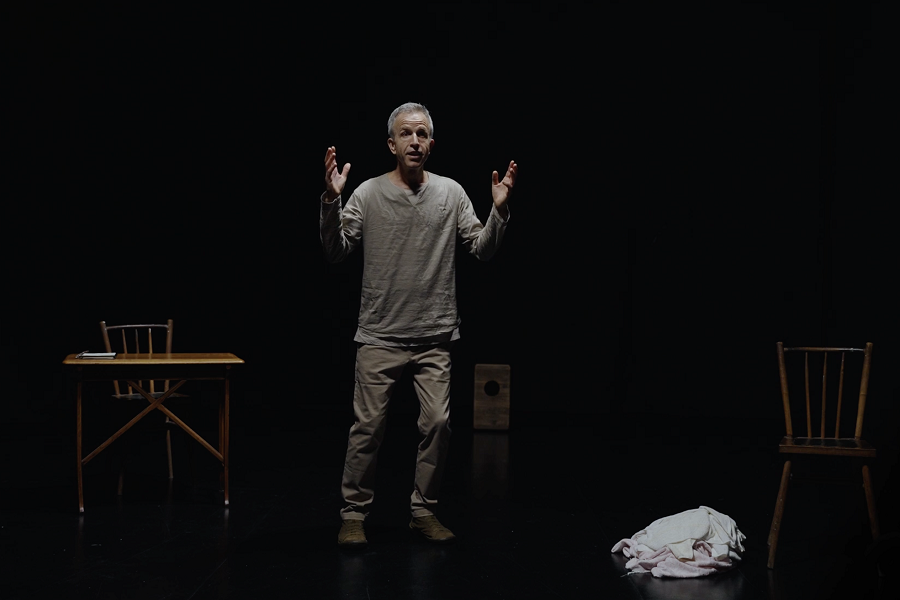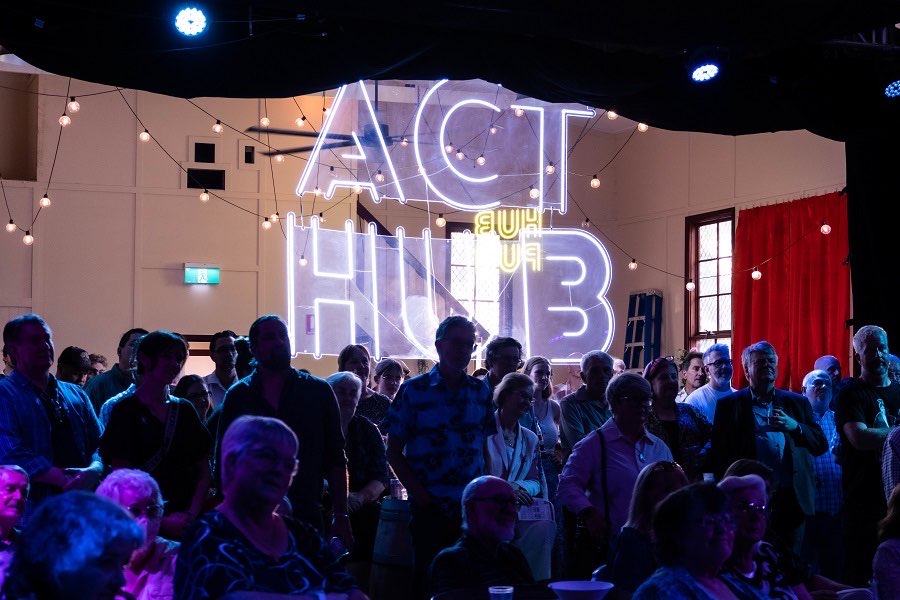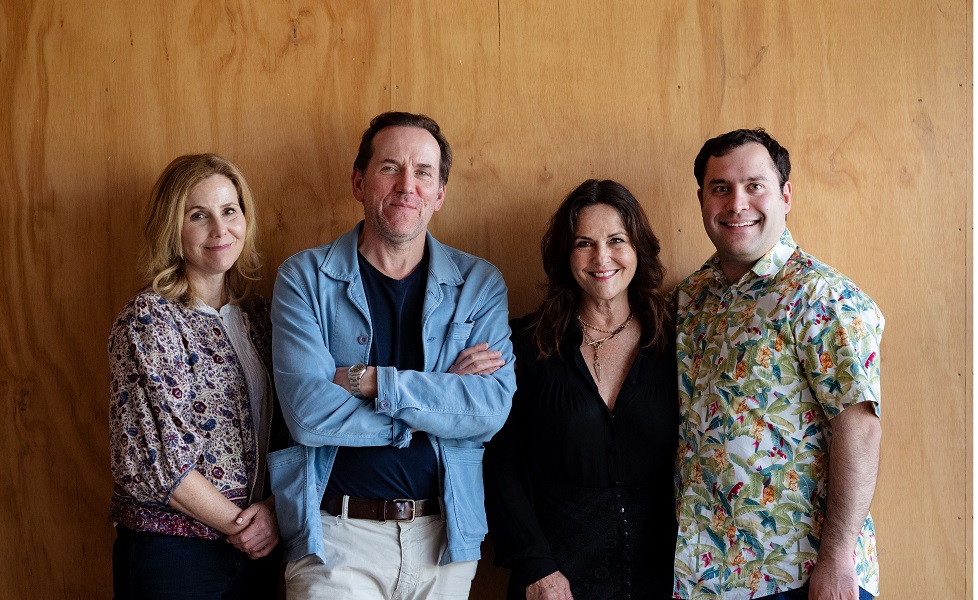How can it be that a piece of music takes more than a quarter of a millennia to reach Australian concert platforms?
Such was the case with G F Handel’s dramatic oratorio, “Alexander Balus”, written in 1747 and given a very fine performance by the Canberra Choral Society.
And I was a little sceptical about it being staged in The Playhouse, a theatre with dry acoustics designed for spoken word rather than music. But it worked splendidly and theatre’s intimacy made me feel like I was watching a chamber performance in the parlour of some aristocratic mansion.
In a typically convoluted operatic plot, Alexander, the King of Syria, played by counter-tenor Tobias Cole, trying to please everyone, wants to marry Cleopatra, the Egyptian King’s daughter, played by soprano Jacqueline Porter. The Egyptian monarch, Ptolemy, played by bass Christopher Richardson, says he wants to please everyone, too, but actually has another agenda.
Ptolemy, despite having agreed to the marriage, engages a plot to overthrow Alexander and put Demetrius back on the throne in Syria. (Alexander had just defeated Demetrius, who never makes an appearance in the work.) Ptolemy sends a message to Alexander that his faithful side-kick, Jonathan, Chief of the Jews, played by tenor Christopher Saunders intends to murder him, but Alexander is wise to the lie.
The apparently politically naïve Ptolemy confesses his little scheme, but the wedding goes ahead regardless, complete with great celebrations. But all of this does not seem to be a good start to a relationship between the in-laws.
The wedding celebrations are short-lived; the ruffians (drawn from the chorus) kidnap poor Cleopatra. This is all part of Ptolemy’s plan; he tells Cleopatra that Alexander has been false to her. Meanwhile, Jonathan tells Alexander that Ptolemy was up to his treacherous tricks in Syria, befriending but then taking control of the country’s towns one-by-one. So, off goes Alexander (there’s that in-laws thing again), but he is defeated and runs away to Arabia, where he is executed.
Ptolemy, too, is killed in battle, leaving the hapless Cleopatra, quite understandably, devastated. The ever-faithful Jonathan is left to clean up the mess, suggesting that, perhaps if Alexander and Ptolemy had put their trust in God in the first place, this whole tragedy might have been averted.
The oratorio ends with the chorus singing the hallelujahs and amens in a sombre mood and a minor key, a world away from the jubilation in “Messiah”.
This tale, by English librettist, Thomas Morrell, would have heads spinning were it not for Handel’s masterful music designed to take the audience on a journey of light and shade, drama and calmness, celebration and mourning through the twisted and confused story.
This performance, led by conductor Brett Weymark, was the embodiment of that mastery. A small orchestral ensemble of just 11 musicians, playing on period instruments, was beautifully balanced and superbly responsive to Weymark’s supremely accomplished conducting style. They certainly brought the music to life!
The soloists, led by Tobias Cole, were brilliant all. Perfectly cast, they were totally empathetic to their roles. To a person they tackled Handel’s often challenging notation with convincing assuredness. Cole, in particular, clearly has a great affinity for Handel’s writing and Jacqueline Porter, as Cleopatra, brought a great deal of emotion to her arias, particularly the heart-breaking “Convey me to some peaceful shore”, sung after she had learned of the deaths of her father and husband.
The chorus was in fine voice, too, alternating as they did with a simple adjustment to their costumes, between the Asiatics and the Israelites. There are not many choruses in the quite long work – in fact only seven – but the balance achieved was beautiful, and Cole, as their artistic director, achieved excellent results. And in typical Cole style, the audience’s vocal chords got a work-out, too, in the marriage celebrations.
Notwithstanding this was the Australian premiere performance of “Alexander Balus”, the Canberra Choral Society has set the bar very high for what should inevitably be future performances of this intriguing work.
Who can be trusted?
In a world of spin and confusion, there’s never been a more important time to support independent journalism in Canberra.
If you trust our work online and want to enforce the power of independent voices, I invite you to make a small contribution.
Every dollar of support is invested back into our journalism to help keep citynews.com.au strong and free.
Thank you,
Ian Meikle, editor




Leave a Reply